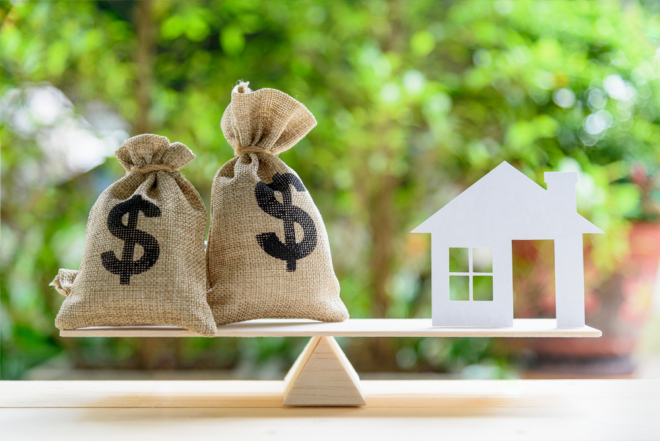

In today’s coronavirus-crisis economy, many Americans may be regretting taking on debt in the past or facing new debt to cover expenses during unemployment. And yet millions of consumers continue to apply for mortgages for home purchases, one of the largest debts most people will ever assume. The reason for this is that some debt is actually considered “good debt.” Here’s how to tell the difference between good and bad debt and why mortgage loans fall under that category.
Good Debt
There are several crucial factors that determine good debt. First, the financing is used to buy a high-quality asset. If you are a business owner, going into a reasonable amount of debt for essential machinery or equipment could qualify here.
Second, that asset should appreciate in value over time. A college education could be an example of this. While you may have to go into debt to obtain your degree, the investment could continue to grow if it helps you to climb the career ladder time after time.
And third, the loan is available at relatively inexpensive interest rates. Even if you are buying a high-quality asset, it can be considered bad debt if you are paying an exorbitant rate on your loan. This was true of lots of home sales before the Great Recession. Many homebuyers bought homes with risky alternative mortgages that they would not otherwise have been able to afford. When the market crashed, property values dropped dramatically and those homes became liabilities instead of assets as borrowers struggled to keep up with their payments.
Bad Debt
All the opposite features make up bad debt. It includes financing things that will lose value as they age. For example, buying a big-screen TV with a two- or three-year loan would be bad debt as the TV would be out of date and worth much less at the end of the loan term.
Bad debt also includes taking out high cost loans. Credit cards are often the most expensive way to finance purchases, with interest rates anywhere from 15% to 25%.
And something bought with credit that does not get much use, like a speed boat that only gets used a few months of the year, would also be considered bad debt.
Mortgage Debt Benefits
Getting a mortgage loan on a property you can truly afford can be good debt for several reasons. Home prices rise on average in the long-run. Of course there are minor and major course corrections from time to time but you can see huge gains if you stay in the market. Even after property values fell 33% during the Great Recession, they rose 50% from their low point in the following decade and continue to climb. In terms of being good debt, homes purchases are tangible assets with real value that appreciate over time.
Mortgage loans also come with some of the lowest interest rates in any lending sector. You can finance your home purchase at rates well below credit cards and personal loans and even below car loan rates. Today’s mortgage rates are at all-time lows, making homebuying an even smarter debt than ever before.
While debt is something to generally be avoided, in the case of a home loan, taking on a sensible amount of debt at a reasonable rate can actually help you build wealth faster.
Give us a call at 555-555-5555 if you'd like to refinance or get pre-approved for a home loan.

